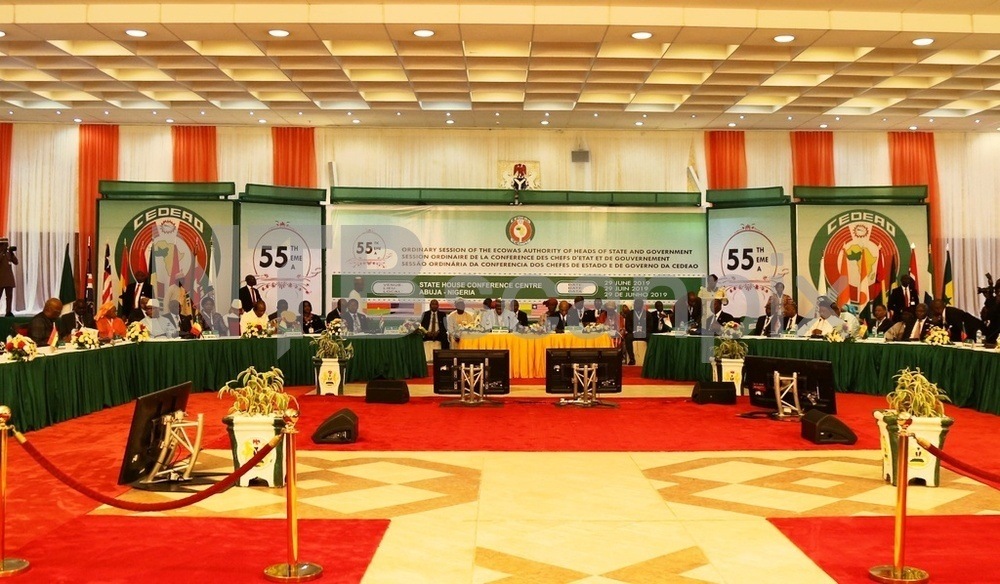In a potentially risky move, the 15 member nations of ECOWAS – Economic Community of West African States – have agreed to launch Eco, a “common currency” similar to the method the EU uses. Eco is expected to make its debut in January 2020. In an attempt to create more frictionless trade, West African leaders are hoping to give a much-needed boost to many of the smaller economies in the region.
The crypto community was quick to point out that Eco isn’t a digital currency and it is not built on the blockchain.
West African nations announce a new currency called Eco.
If only it were digital, and on a blockchain. https://t.co/0uQr4oeno2
— Emin Gün Sirer (@el33th4xor) June 30, 2019
West Africa’s Eco Has Nothing To Do With Crypto
Sorry cryptocurrency fans, Eco is not a digital coin offering. Instead, it is a regular old fiat currency, and there has been no indication whatsoever that it might incorporate blockchain technology.
Eight ECOWAS Members Already Use A Single Currency
Naturally, when making a currency move of this scale, there are definite problems to overcome. The first of these is that eight nations in the ECOWAS already use a common currency – the CFA (West African or Central African Franc.) These nations are Benin, Burkina Faso, Guinea-Bissau, Ivory Coast, Mali, Niger, Senegal, and Togo. The French treasury guarantees the CFA and pegs it to the euro.
West Africa Seeks Financial Freedom From Its Colonial Past
This tie to France is mainly due to France’s colonial history in the region and leads us to one of the big political rather than financial arguments for the Eco. West Africa would love to be more self-sustaining financially, and they can’t go it alone until they have an independent currency.
Nigerian Dominance In the Region Set To Expand
The biggest issue with forming a single currency, as we have learned from the EU, is managing the difference between the haves and the have-nots. In the ECOWAS, Nigeria’s economy dwarfs any other nation. The oil-rich country provides a whopping two-thirds of the economic output in the region.
Nigeria could be left in a precarious situation, shouldering a far greater burden per GDP USD than Germany and France’s multi-trillion dollar economies do in the EU. Andrew S. Nevin, chief economist at PwC West Africa, told France 24 that the proposed plans come with the following three major sticking points:
“(A single currency) seems a little bit premature considering that Nigeria hasn’t even signed up for regional integration in ECOWAS.You should first improve the implementation of existing ECOWAS trading agreements, then improve the physical infrastructure. The third more pressing issue would be the ability to trade in every country’s native currency, without using a third currency like euro or dollars.”
Many experts believe emerging markets could benefit the most from cryptocurrency or blockchain. Therefore it will be interesting to see if the technology is implemented in any way in the Eco. For now, it appears that several logistical hurdles, centered around how much dominance Nigeria will require for their support, will have to be overcome before January 2020.
Source: Crypto New Media





